Top tips and best practices for construction project management

Take advantage of real-time communication
Hire the right team

Manage time well
Re-evaluation of technologies

Timeline and plan
Maintain proper documentation
For more architectural news
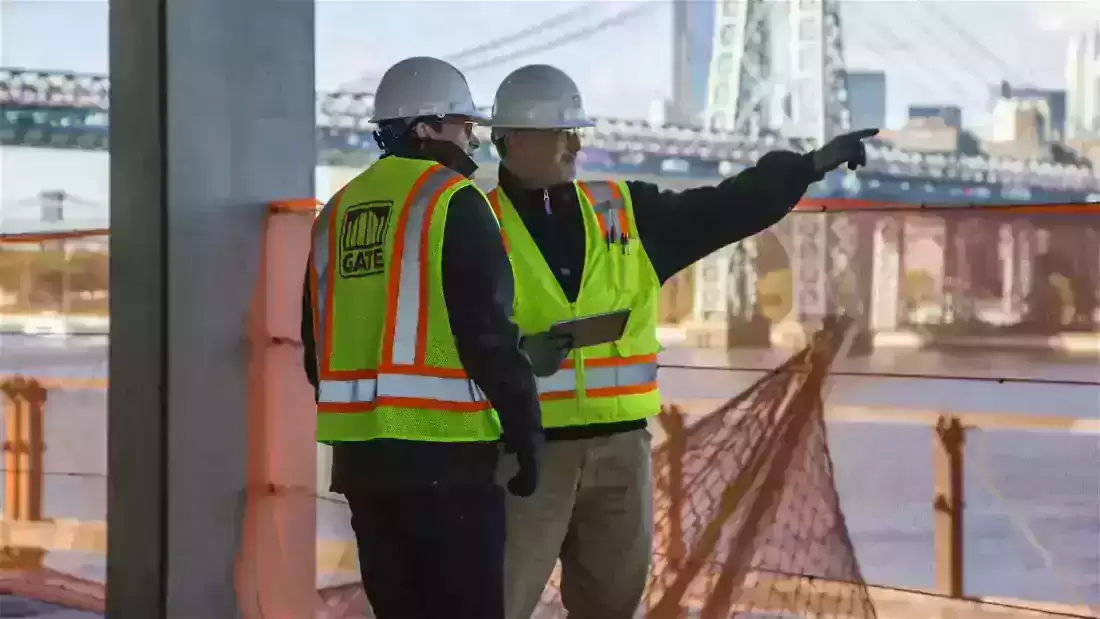



I am an architectural journalist and publisher interested in highlighting and presenting interior design best practices to my audience. I am always looking for new stories and ideas that will inspire my readers and enhance their lives
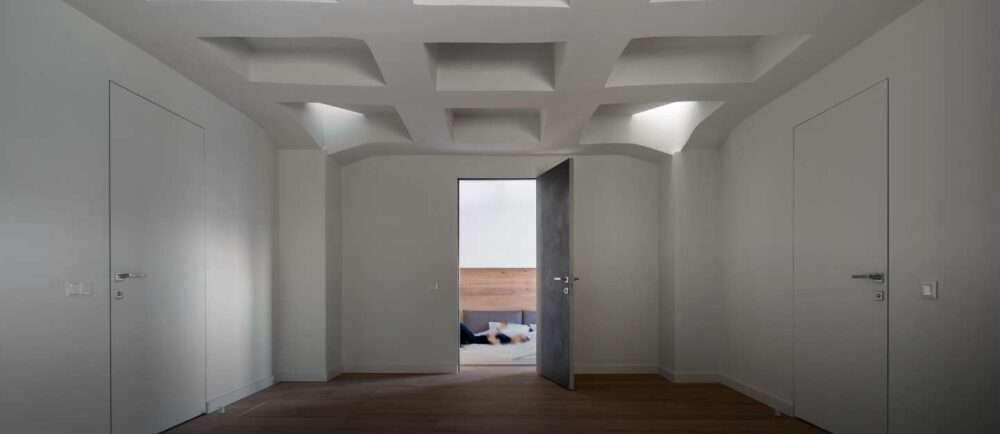
The trend of flat and simple roofs has subsided, as people nowadays look for products that make the typical flat roof look attractive but at a lower cost.So, with the recent rise in suspended ceilings, it has become easier for…

The Necessary ArchitectureHydrogeological Riskand Infrastructure in the Spluga Valley.Methods, strategies and projectsfor securing and regenerating a specific mountain territory.Italy is a vulnerable country, constantly exposed to the risk of hydrogeological problems, where the obsolescence of infrastructures tends to increasingly become cause for concern, threatening built-up areas as well as environmental, historical and cultural heritage. Landslides and floods…
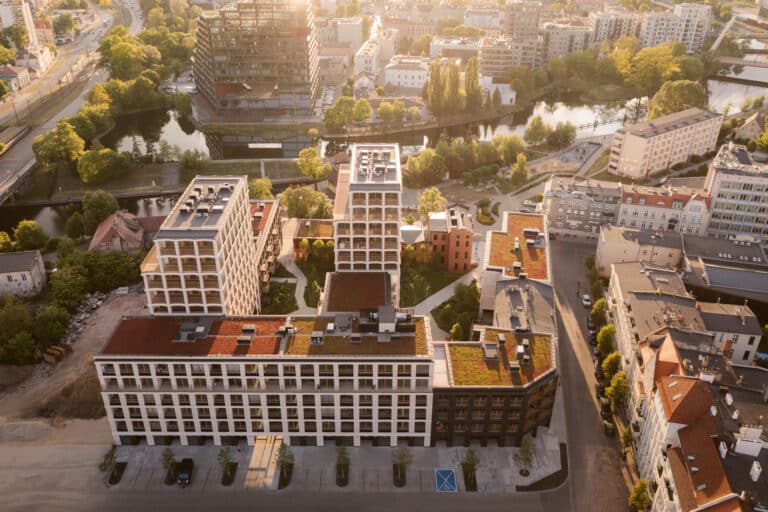
Shaping a Contemporary Urban QuarterNew Port (Nowy Port) is a residential development located on a former industrial site in the central area of Bydgoszcz. The site carries a layered urban context shaped by the city’s historic fabric and the presence…

Automation and robotics is the new trend in many different industries, as companies look for ways to automate repetitive, dangerous and time-consuming tasks to boost efficiency and improve worker safety.The construction industry is no different, in fact, automation is an…
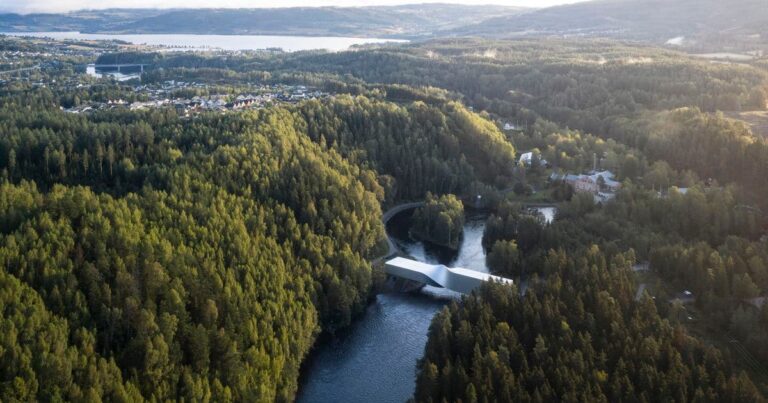
Architectural sustainability defines Kistefos Museum’s new building in Norway. It will open in 2031 and permanently house founder Christen Sveaas’s art collection. The project must use zero energy and produce zero emissions. The brief demanded a building that generates all…
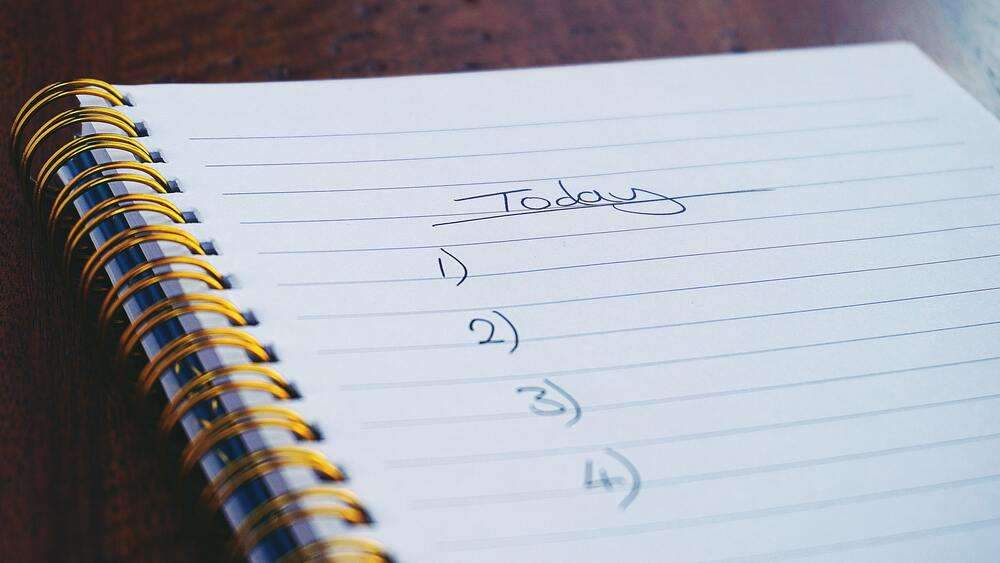
Building resource management is the process of planning the use of building resources to achieve project objectives.Proper project resource planning helps keep projects on schedule by ensuring that demands are met while maximizing resource utilization from one project to the…